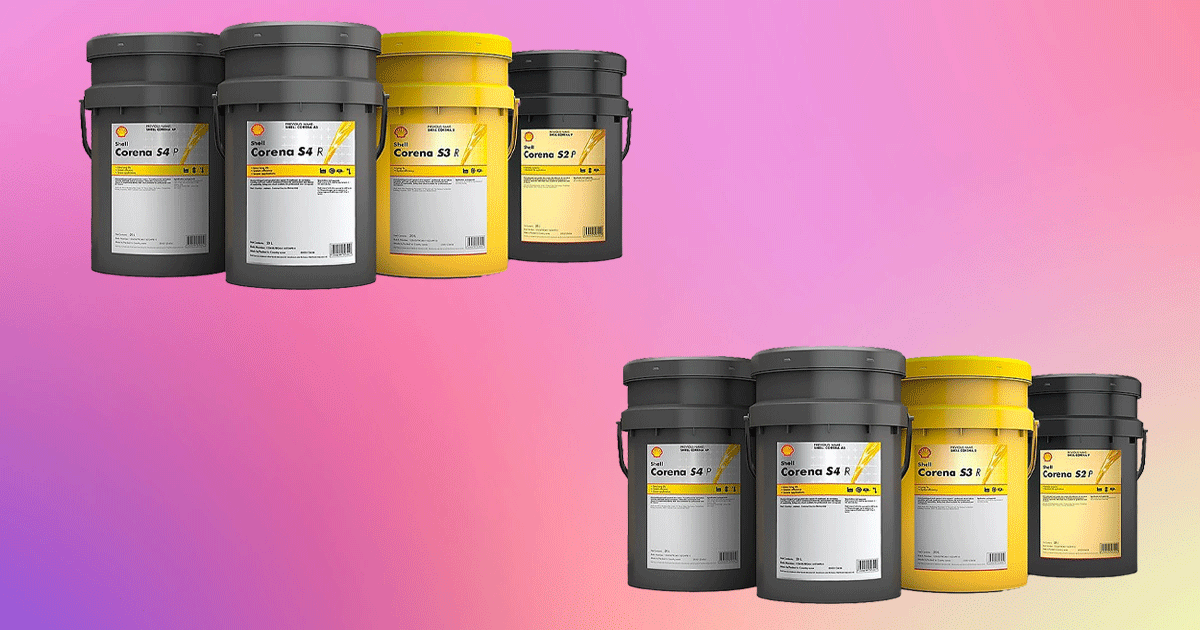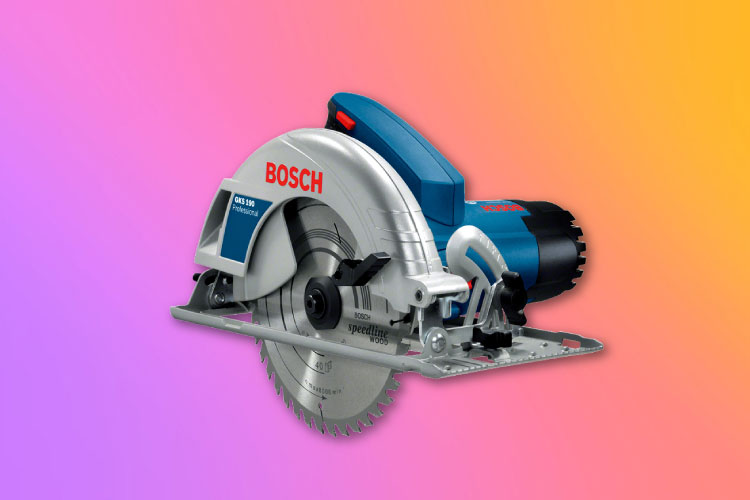Last Updated on June 2, 2023 by Tyra Miller
In this article, we will go over what kind of oil to use for an air compressor. Air compressors are amazing to have around, however, you may have realized that they are not a maintenance-free tool. Oil is needed for many air compressors to run properly.
Do you need oil for an air compressor?
Oil lubricates the inside of the machinery to keep everything running smoothly. Not all air compressors use oil. Air compressors that require oil are generally shop compressors with higher-duty cycles. Many small air compressors in the 12-volt range and other models don’t require oil. Thus, to keep the air compressor working as it should, you will need the right type of oil. However, some do, and the oil you put inside the air compressor allows it to run at full efficiency.
Regularly oiled compressors tend to last longer than oilless air compressors.
Air compressors that don’t require oil are limited CFM. These air compressors typically have a CFM of between 2 and 5 CFM. These air compressors are pre-lubricated at the factory level with a non-stick type material used to coat the parts of the compressor. These types of air compressors cannot be lubricated and thus fail more quickly. This is because the inner components are subject to more wear and tear
Most air compressors need oil and are chosen for their long-lasting life. Maintenance of air compressors is simple, all you need is the best air compressor oil and refill from time to time.
Types of Air Compressor Oils
Not all oils are equal. Air compressor oil is different from the type of oil that you find in your car and the type that you cook with. Car oils, for example, contain ingredients that can harm your air compressor. Compressor oils are made from a different type of mix than you would find in car oils or cooking oils.
You can use any detergent free 20 weight or 30-weight standard oil if there is no specified type. Synthetic and standard nondetergent oils are two types of oils that are used in air compressors. You should always follow the guidelines set by the manufacturer.
Certain types of oils are made specifically for air compressors. The type of oil matters if you want to find the best air compressor oil. They are designed for daily use and industrial commercial work in your local machine shop or job site. Below you will find more information on the best oil to use for an air compressor.
Where to Buy Oil for Air Compressors
You can find it pretty easily, however, many stores will not have a good air compressor oil selection. Auto part stores and most hardware stores will have air compressor oil. We recommend buying oil online from Amazon because of the massive selection of different brands and types of oils.
Synthetic vs Standard Lubricants for Air Compressor Oils
Rather than an oil base, synthetically based air compressor oils are created using a synthetic base. Mineral oil-based and synthetic base are two ways compressor oils can be made. More processing is put into synthetic oils which are refined to use for air compressors. Synthetic and mineral oil bases can be used for air compressors, however, as we mentioned before it is best to go with the type your air compressor manufacturer recommends.
Compressors can perform better using synthetic rather than standard-based oil. Some manufacturers will recommend synthetic air compressor oils for air compressors. Synthetic oils lack the compounds found in the mineral oil base which causes less carbon build-up when compared to standard oils.
When to Change Air Compressor Oil
Damage can result if you leave the oil to sit for too long. Again, manufacturers will typically have specific guidelines for oil changes and recommended timing for oil changes. But these are general rules for air compressor oil changes.
Reciprocating and rotary air compressors are two types of compressors that use oil. If you do not get much use out of your air compressor, you should still change the oil every 8 to 12 months. Oil changes are recommended every 700-800 hours for reciprocating air compressors, whereas rotary air compressors only require changes every 7000-8000 hours. The more you use it, the more you should replace the oil.
How much oil is needed?
Unplug, drain and refill are the three steps you need to change air compressor oil. The amount of oil needed depends on the size of your air compressor. Smaller air compressors, for example, will need less oil than larger air compressors. A few ounces of oil is generally all that is needed for most oil compressors.
Can you use motor oil?
Some motor oils can be used for air compressors, but keep in mind that you’ll need one without detergents. Detergents help keep the engine free of harmful matter by carrying it to the oil filter. Sounds great, right? However, oil filters are not commonly found on air compressors. So it’s a bad idea to take these harmful particles to go into the compressor itself. Thus it is recommended to use a nondetergent compressor oil.
Air Compressor Oil Buying Guide
What should and shouldn’t be used depends on what type of air compressor oil the manufacturer recommends. These are the common recommendations. The guidelines will include specific oil for good performance and which type of air compressor oil is the best. These are the guidelines you will need to follow for air compressor machines:
Viscosity Oil
What is viscosity? The most important measure for compressor oil is viscosity. The texture of the oil, also known as the weight of the oil, is known as the viscosity. A lower viscosity means that the oil is thinner whereas a higher amount of viscosity means that the oil is thicker. Typical ranges for air compressor oils range between 20 and 30. Depending on the oil you may see different abbreviations. Choosing an oil that is too thick or too thin will cause damage to your air compressor, thus it is important to choose the right type of oil for your compressor. You’ll also find some oils measured in ISO scale which you will need to find the corresponding SAE weight. For example, oil could be called 20 weight or SAE 20.
Compressor Oil Additives
Many commercial types of detergent air compressor oil additives will help the engine run smoother. Additives help prevent corrosion and rust.
Temperature Range
A compressor produces lots of heat while needing an oil that is best for that temperature range. Compressors can give off a lot of heat, which should also be considered. Oils can act differently in freezing or high temperatures. The normal temperature range will be labeled on the packaging itself. The temperature range is another important consideration for choosing the best air compressor oil. Oils that have a certain viscosity may not work with your air compressor as some compressor oils will not operate at the same temperature.
What Oil Brand Should I Buy?
Just ensure that the manufacturer’s recommendations match the type of oil you get. The brand can be matched just to keep things simple, however, the most important thing remains to follow the manufacturer guidelines for oil. The brand should not matter too much when buying oil.
Avoid Using Air Compressor For Extended Periods of Time
When the compressor heats up and operates at extreme temperatures for long periods of time, then premature oil failure can occur. To stop premature oil failure, you can take some steps to avoid this from happening. The main thing is to avoid using the air compressor for long periods of time without stopping. This will prevent premature oil failure from occurring.
What to Do if You Have an Air Compressor Oil Leak
If oil is leaking inside or outside of the compressor then oil might be leaking from your air compressor. When you use oil viscosity that is too low, then it may not work properly with the motor. If you have the wrong kind of air compressor oil then it may not work properly with the motor.
Expulsion of Oil from The Outtake
If the oil return line is clogged or not large enough is probably the reason for oil being blown from the outtake of an air compressor. This is because of oil not being returned to the tank — the air compressor oil is sent to the crankcase in place of the tank. When oil is sent to the crank case, it can be blown out from the outtake.
Oil Overfill: What to do when you overfilled the oil in your air compressor.
If you think the tank is overfilled, then the best thing to do is to drain it and waste some oil rather than risk damaging your air compressor. Locate the drain plug to drain the oil. Drain plugs are found on air compressors and allows one to empty the oil from the holding tank.
What to Do When Oil is In the Air Compressor Lines
Oil can sometimes make its way into the pump of the compressor, usually this is nothing to worry about if it is only a small amount. Oil that has gotten into the lines is if their is a problem with the compressor pump. A lot of oil coming out of the air lines, however, indicates a problem with the pump of the air compressor. As part of their motors, air compressors have oil separators which functions to keep oil out of the lines, but if there is an issue with the separator than large amounts of oil might get into the air lines.
How do I know when to add oil to my compressor?
To check if your oil is low use the dipstick to check the oil levels on your air compressor. If your air compressor is low on oil, you will hear it make more noise or notice the temperature rising more than is typical. Unless you recently changed the oil on your compressor, instead of topping it up, you’ll want to change it altogether.





